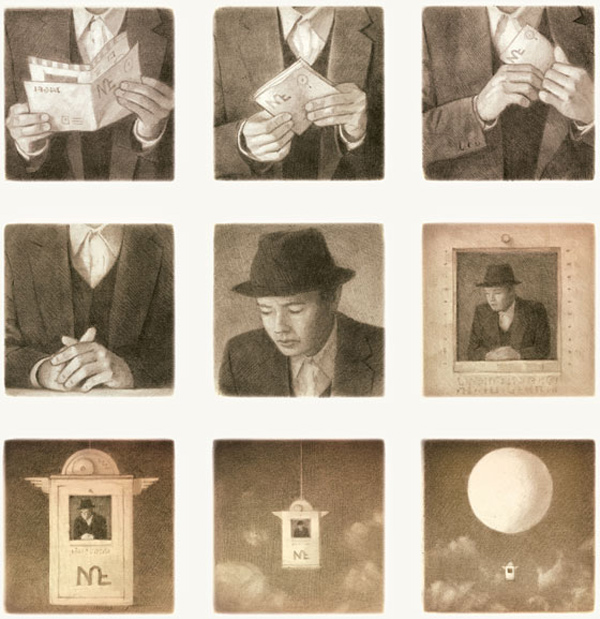The Poetics of Non-Arrival: KAFKA
“Am I a circus rider on two horses? Alas, I am no rider, but lie prostrate on the ground.”
–Franz Kafka in a letter to Felice Bauer, 1916
He was talking about the Jewish horse and the German horse
(But there is also the Czech horse.)
What horse did Kafka ride?
Where does Kafka belong?
Who owns Kafka? *
These sentences kill me.
Imagine: prostrate on the ground.
That’s what an exilic existence is like
Prostrate on the ground.
Living in the place that is no place
Riding the no horse
Going nowhere, only not-here
With no language
Never quite comfortable in any language. **
When the narrator in the story “My Destination” is asked where he is going
He says,
“I don’t know.”
“Away from here, away from here.”
“Always away from here, only by doing so can I reach my destination.”
Always away, never arriving. ***
Butler: “…the monstrous and infinite distance between departure and arrival….”
Kafka: “For it is, fortunately, a truly immense journey.”
.
.
.
NOTES
* [I love this essay about Kafka by Judith Butler.]
** [Butler: “We find in Kafka’s correspondence with his lover Felice Bauer, who was from Berlin, that she is constantly correcting his German, suggesting that he is not fully at home in this second language. And his later lover, Milena Jesenská, who was also the translator of his works into Czech, is constantly teaching him Czech phrases he neither knows how to spell nor to pronounce, suggesting that Czech, too, is also something of a second language. In 1911, he is going to the Yiddish theatre and understanding what is said, but Yiddish is not a language he encounters very often in his family or his daily life; it remains an import from the east that is compelling and strange. So is there a first language here?”]
*** [Kafka: “Written kisses don’t reach their destination, rather they are drunk on the way by the ghosts.”]

